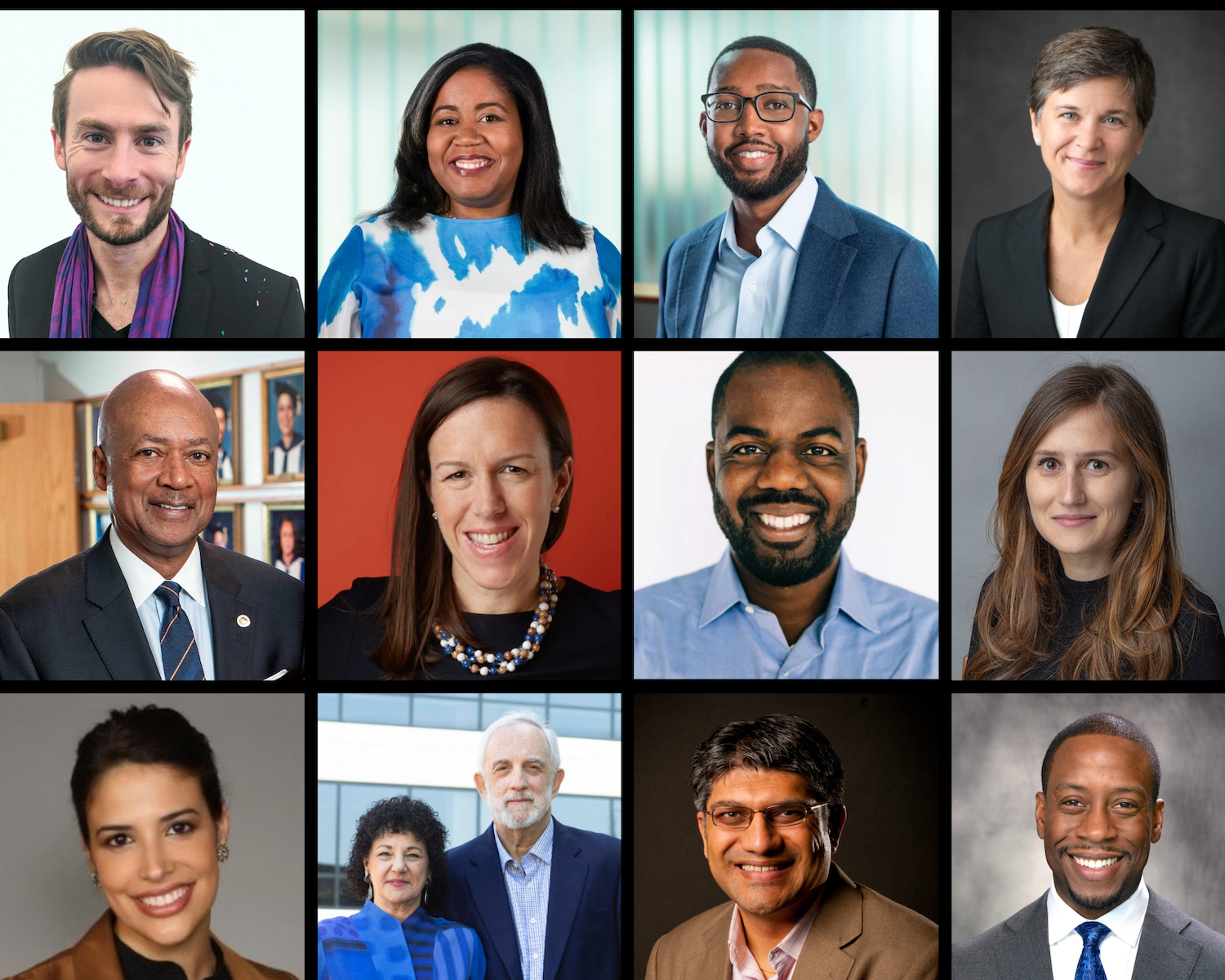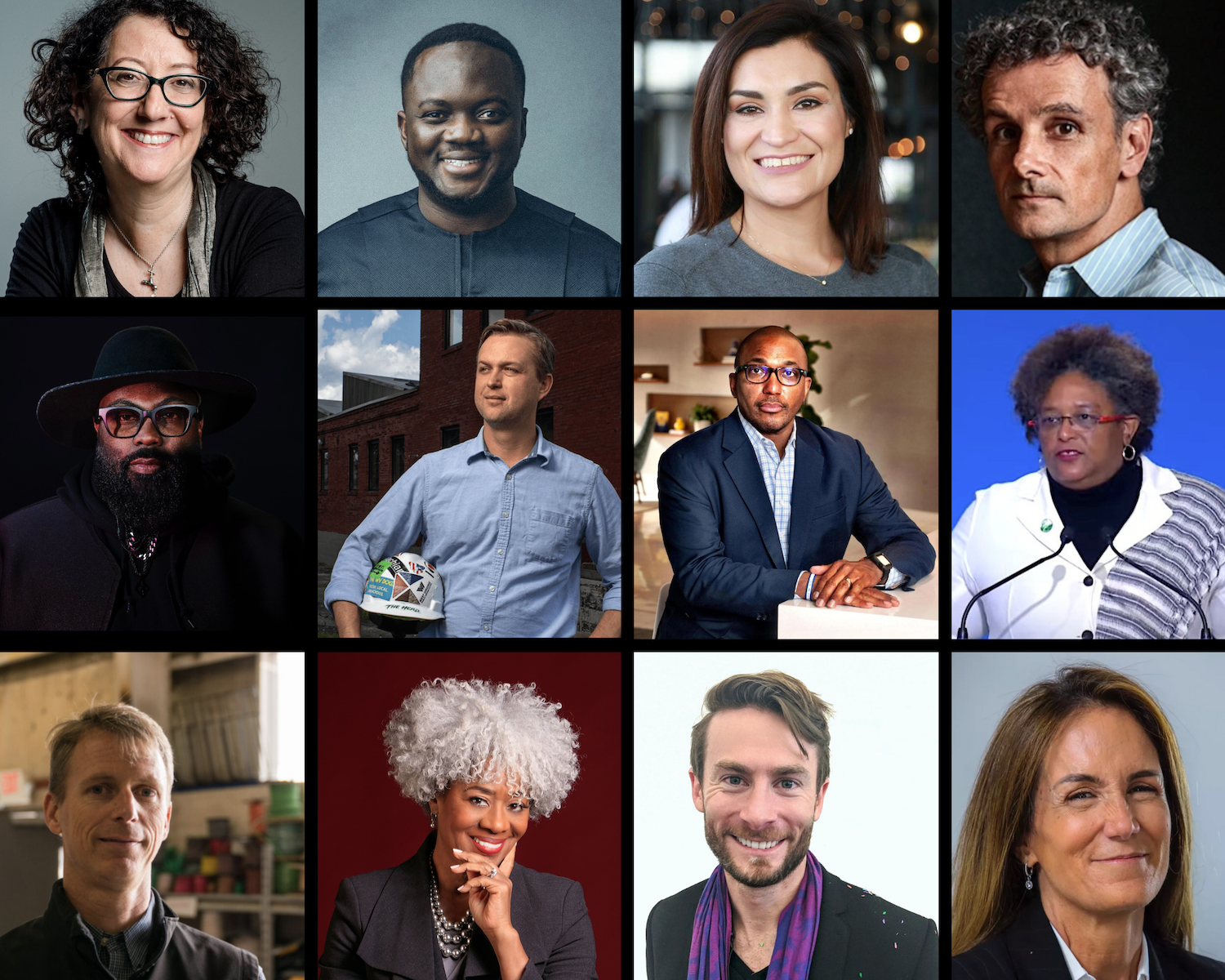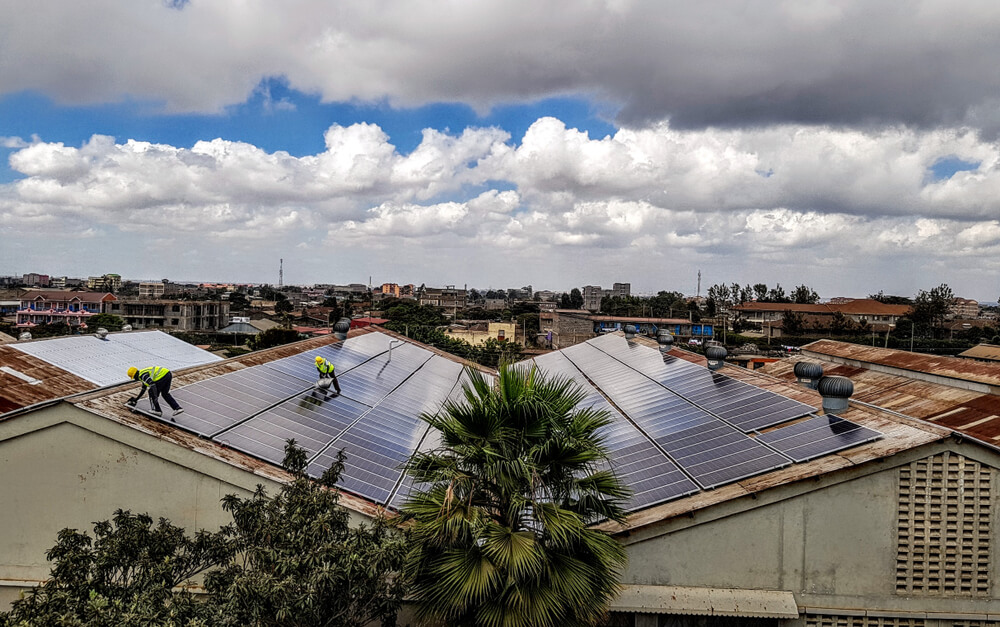ImpactAlpha, Dec. 23 – “Americans will always do the right thing, after they have tried everything else,” as Winston Churchill (may have) once said.
From cutting carbon to raising wages to narrowing income inequality, the emerging narrative may be: We can do this. “What’s different this year,” Amy Cortese writes in ImpactAlpha’s climate finance lookahead, “is the palpable sense that a dramatic mobilization to make a back-loaded run at meeting climate and development goals remains possible, even at this late date.”
Low-carbon solutions “will win because they’re cheaper, better, faster, stronger, simpler and just plain cooler,” investor Chris Sacca likes to say. Likewise, inclusive and equitable economic models will take hold because they expand access to affordable housing, sustainable food, quality healthcare, education and good jobs.
The market dynamics are familiar to impact and sustainable investors, who for decades have been honing practices to expand the supply and drive down the cost of goods and services that people need and want. “Such strategies can help execute a ‘soft landing’ of fighting inflation without triggering a recession,” as Dennis Price writes in his inclusive economy lookahead. Indeed, UBS’s Jason Draho nominated “disinflation” as Word of the Year, arguing, “It’s already happening, and the consumer price index is likely to continue falling rapidly in the first part of 2023.”
Among Agents of Impact on this week’s Call, the winning word was “abundance,” reflecting a palpable desire to escape scarcity-driven, zero-sum and inherently divisive storylines. The runners-up trended in the same direction: “ownership,” in the sense of both shared prosperity and active stewardship; “resilience” to persist and flourish in the face of obstacles; and “community,” a stand-in for empathy and collaboration.
In countries where global funding is scarce, “Local fund managers, entrepreneurs and political leaders are not waiting on international development finance institutions from wealthy countries to plug the financing gap,” Jessica Pothering writes in her emerging markets lookahead. “Instead, they’re rallying local investors, building local ecosystems and crafting local policies for long-term sustainable economic development.”
In the U.S., policy breakthroughs – from chips to infrastructure to climate – are showing up locally as well, from semiconductor plants in Syracuse and Columbus to robotics in Pittsburgh, biotech in Oklahoma, and agtech in Fresno.
It may have been wishful thinking that capital markets would lead the way to the sustainable, inclusive and, yes, abundant future. But with policy leadership and catalytic capital, private investors are demonstrably happy to follow.
Rising risks of climate catastrophe and social upheaval spurred many investors to hedge their bets with low-carbon indexes and ESG funds, but most “have not yet bet the company (or portfolio or endowment) on systemic reform and transformational change,” I wrote in my own lookahead to the shift from ESG to impact. “In 2023 and beyond, that straddle will become harder to manage.”
To invert an old saying, lifting all boats creates a rising tide. As the abundance agenda creates its own political and economic momentum, corporations and asset owners will want to make sure they’re on board. Workers, customers and communities can hold them accountable. Abundance, writes The Atlantic’s Derek Thompson, may be “the best means to achieve the ends that we care about: more comfortable lives, with more power to do what we want, with more time devoted to what we love.” And with that, from the whole team at ImpactAlpha, good tidings of great joy.











